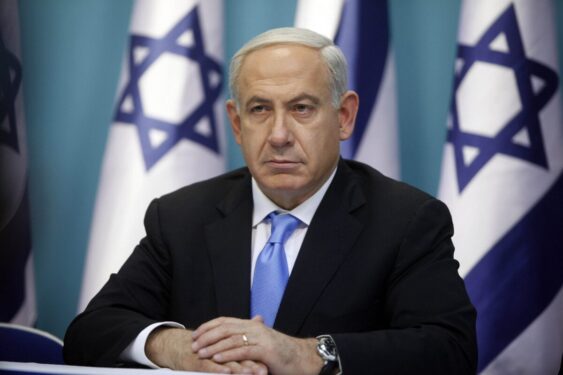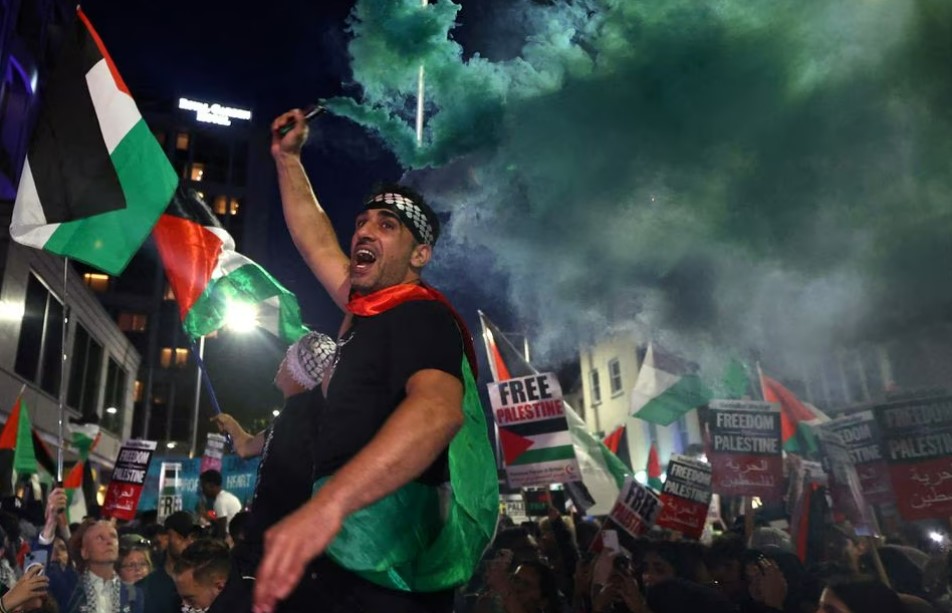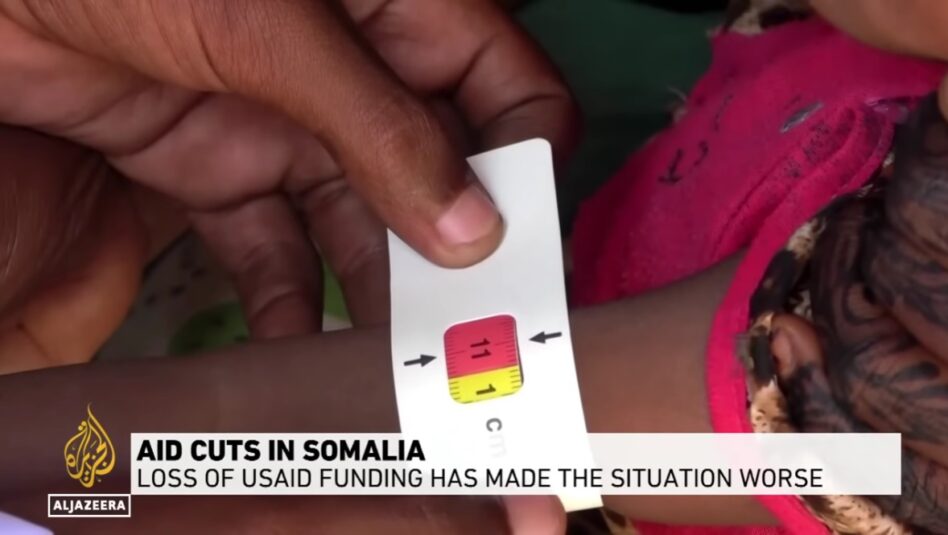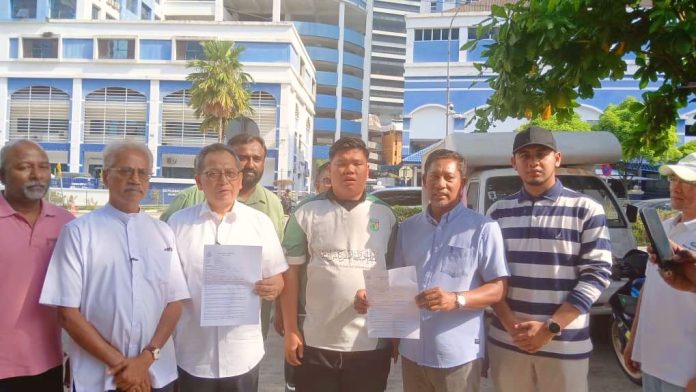ISRAEL’S current priorities do not center around combatting Hamas but rather revolve around a strategic goal of expanding into Palestinian territories, specifically Gaza and the West Bank.
This expansion is driven by Israel’s need to accommodate its growing population by establishing new settlements in these contested areas.
The discourse of engaging with Hamas appears to serve as propaganda. Even if Hamas were to pursue peace in the recent future, it’s improbable that the Israeli government would accept reconciliation or a two-state solution as outlined in the 1994 agreement due to Israel’s underlying territorial ambitions aimed at gradually displacing Palestinians from these areas.
This is closely linked to the aftermath of the 2022 Israeli legislative elections where Benjamin Netanyahu’s Likud party formed a coalition with far-right factions like Shas, United Torah Judaism, the Religious Zionist Party, Otzma Yehudit and Noam on Dec 29 last year.
To secure Netanyahu’s position as president, agreements were made, including expanding Israeli colonies into Palestinian territories and revoking citizenship rights from 1.9 million Palestinians who previously held Israeli citizenship as it was a major promise made by Netanyahu’s party as part of their vow made to voters in their manifesto for the 2022 election.

In contrast to the ongoing criminal charges against Netanyahu which include breach of trust, accepting bribe, and fraud totalling hundreds of millions of US dollars dating back to 2016, Netanyahu and his allies can now manipulate legal proceedings due to the government’s recent success in amending laws to consolidate control over the judiciary, thereby placing courts under the authority of the Israel government.
Analysts and historians – on the other hand – generally agree that Netanyahu’s current Israeli cabinet and religious administration is the most right-wing in Israeli history.
This concentration of power primarily benefits the leaders of Netanyahu’s coalition partners, including Interior Minister Moshe Arbel, Defence Minister Bezalel Smotrich and National Security Minister Itamar Ben-Gvir who helped Netanyahu regain his position as Israel’s Prime Minister.
Beyond their present plan, the Israeli government also has an agenda that includes exploiting the natural resources found on the Palestinian land for its own benefit.

A 2021 study by the United Nations Conference on Trade and Development (UNCTAD) points out that discoveries of natural gas in the Levant Basin in the Palestinian water are in the range of 122 trillion cubic feet while recoverable oil is estimated at 1.7 billion barrels worth US$524 bil.
Israel is acting in violation of the letter and the spirit of the Hague Regulations, the Fourth Geneva Convention, and a body of international humanitarian and human rights law that addresses the exploitation of common resources by an occupying power without regard for the interest, rights and shares of the occupied population.
This political shift has reshaped Israel’s focus, emphasising land expansion while undermining Palestinian territory. Despite Israel’s portrayal of conflict with Hamas, their continuous bombings have targeted seemingly safe areas like refugee camps, schools and hospitals in Gaza until today.
These actions are the act to serve the long-term commercial interests of Israel at the expense of Palestinian land and livelihoods. – Nov 21, 2023
Ashraff Hussni is an experienced strategic communicator who is able to offer valuable perspectives on the ever-evolving technology landscape within the public sector.
The views expressed are solely of the author and do not necessarily reflect those of Focus Malaysia.









